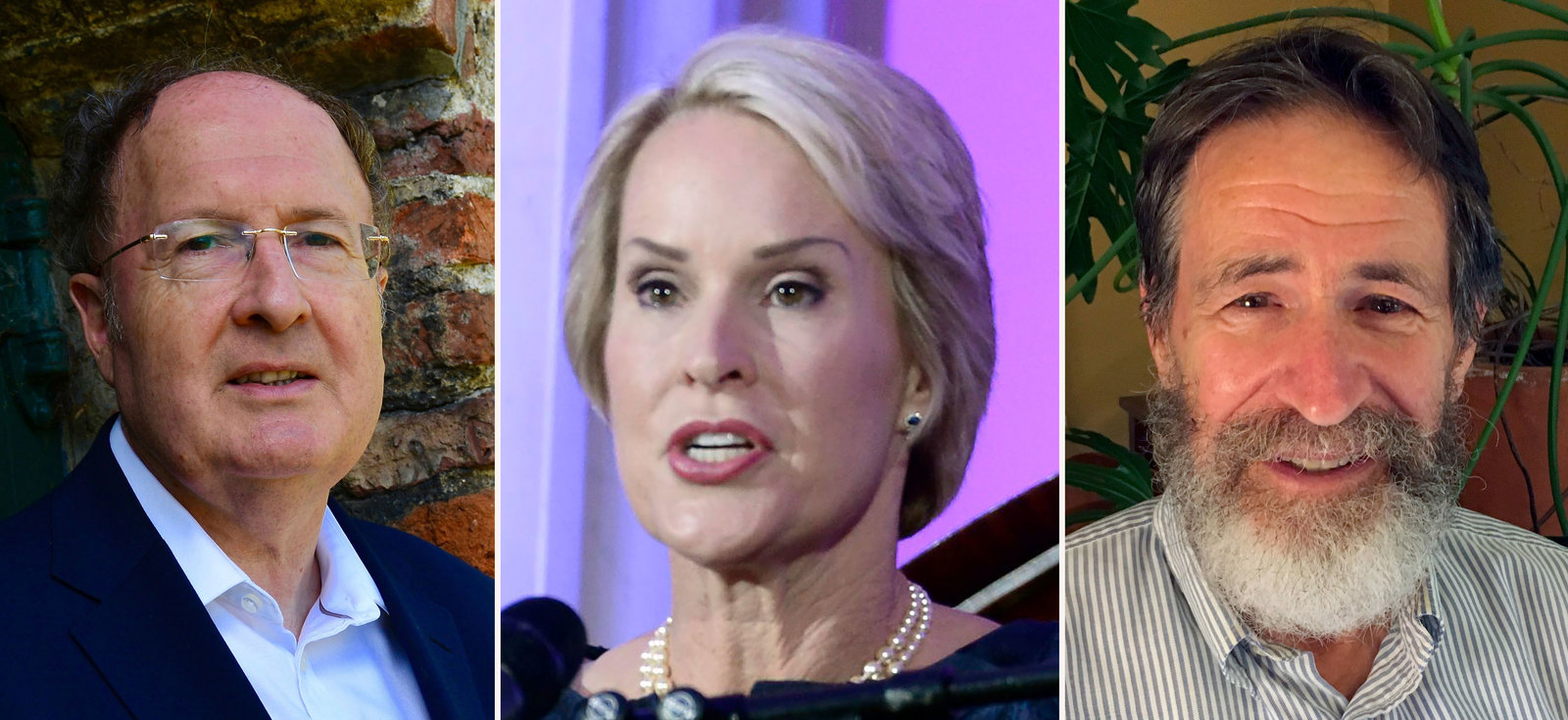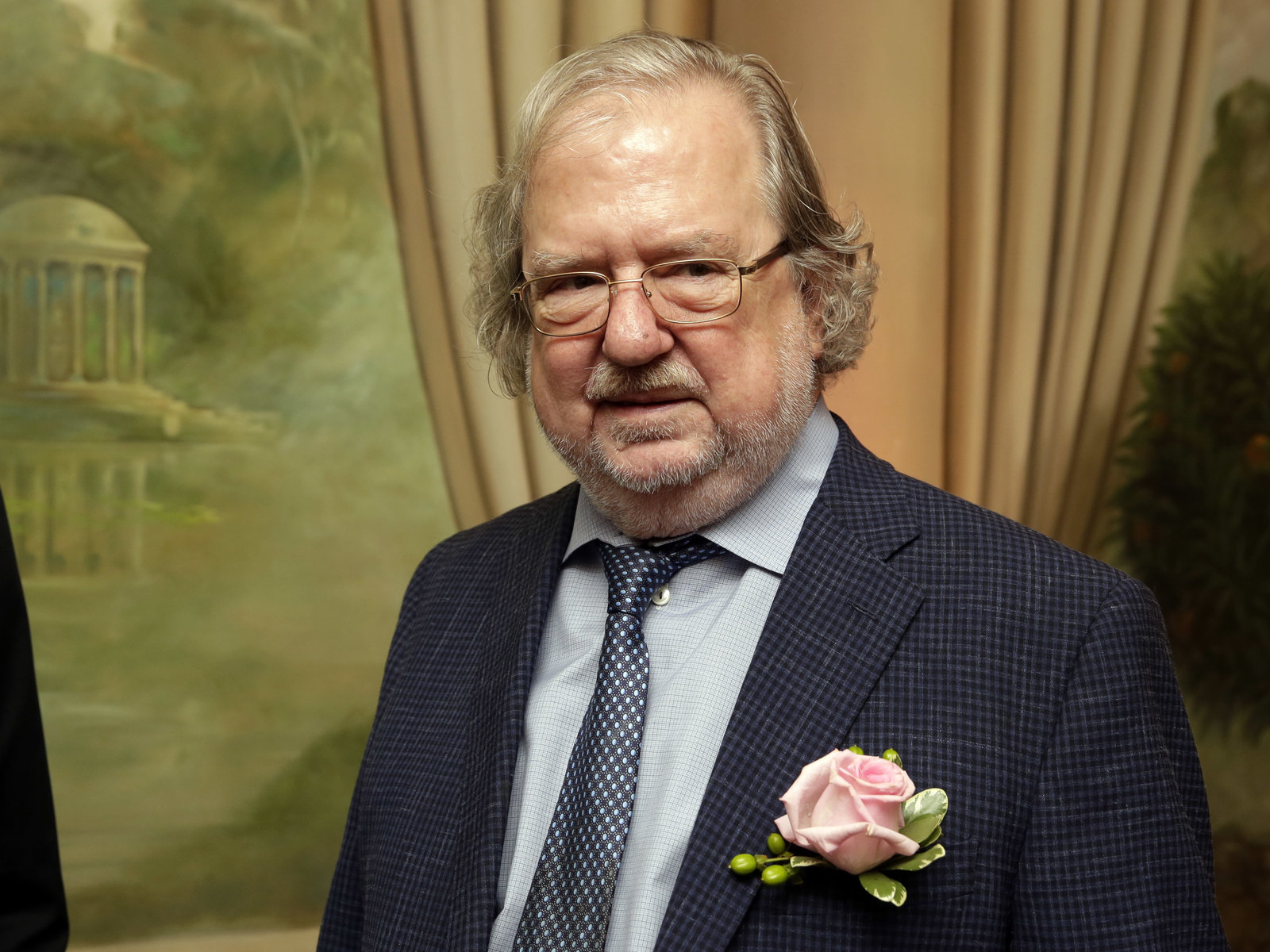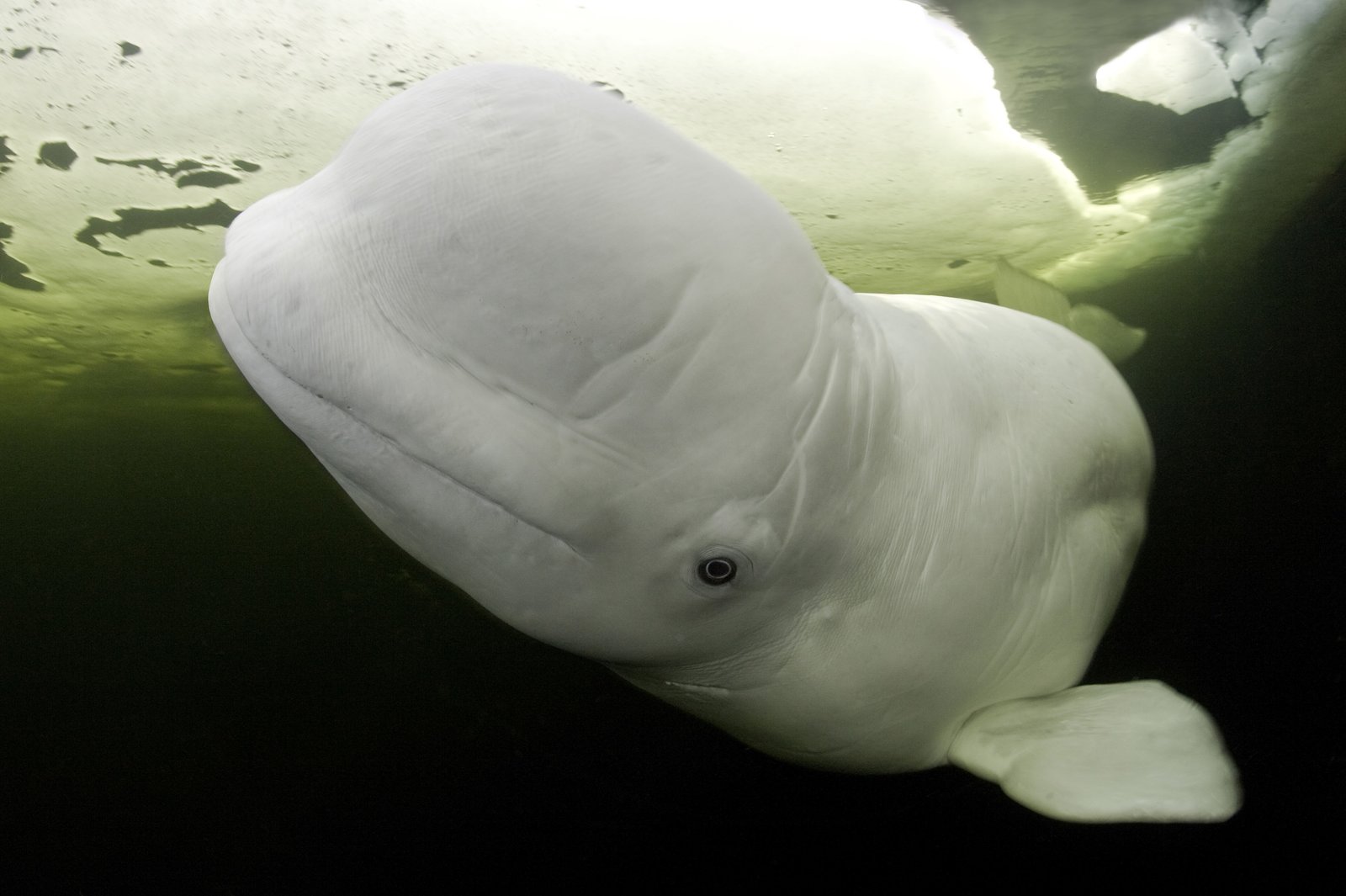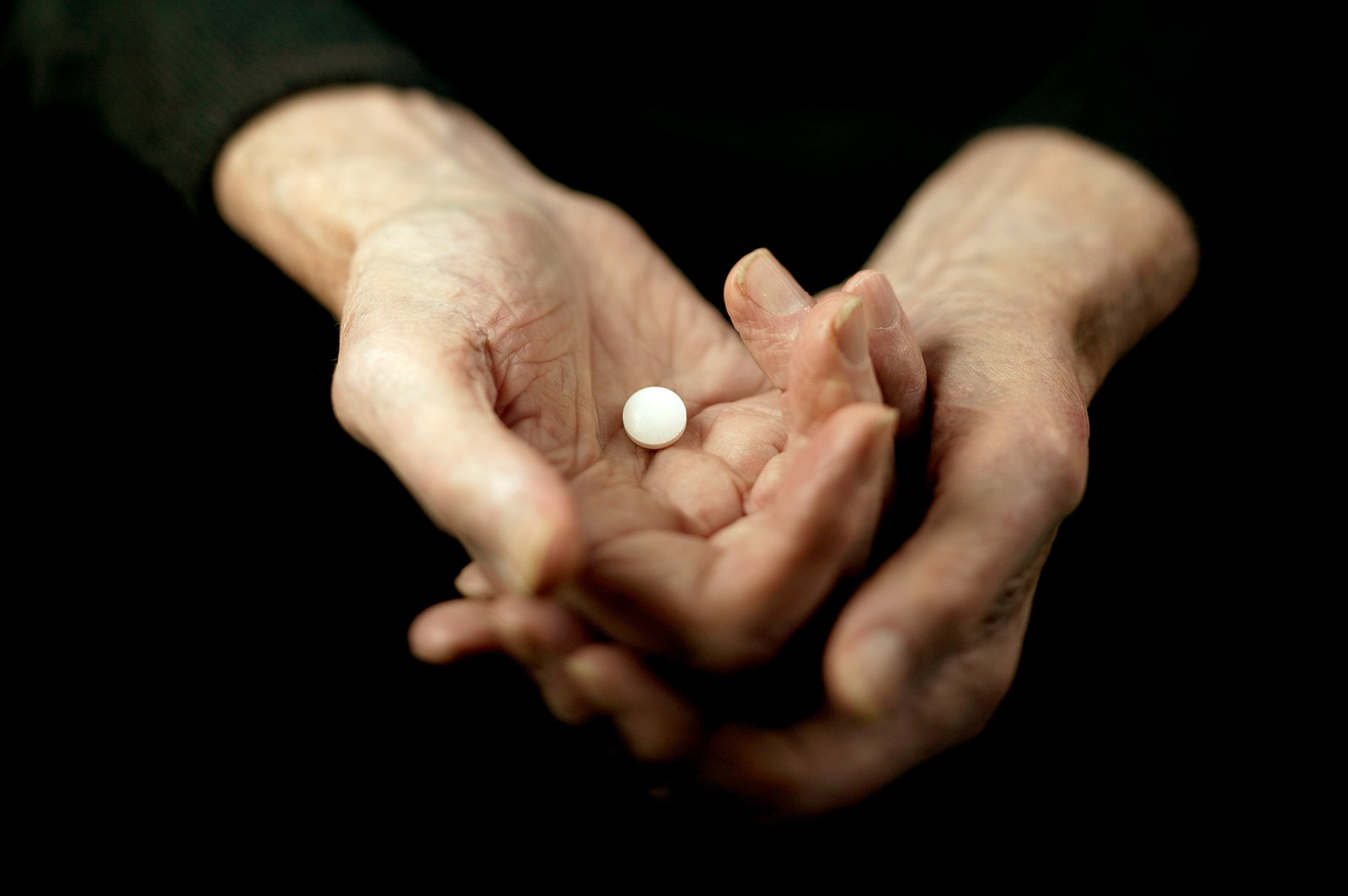 Sunday, October 7, 2018 at 12:56PM
Sunday, October 7, 2018 at 12:56PM The Robots Are Coming To Las Vegas
"At the Vdara Hotel and Spa in Las Vegas, robots are at the front line of room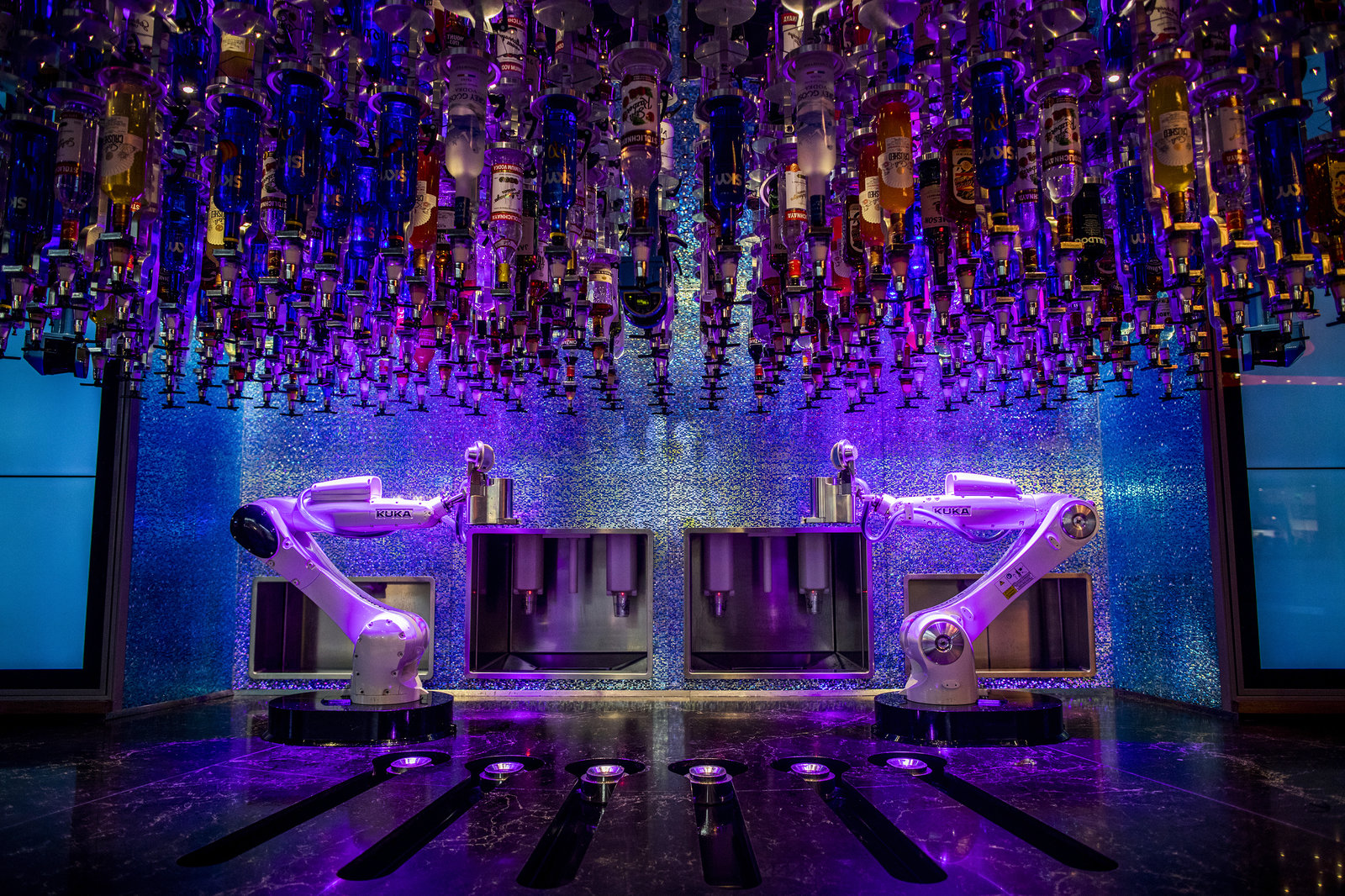 service. "Jett" and "Fetch" are delivery robots, designed to look like dogs, each about three feet high."
service. "Jett" and "Fetch" are delivery robots, designed to look like dogs, each about three feet high."
"They can bring items from the hotel's cafe right to your room. Among their many capabilities, they can travel alone across the lobby, remotely call for an elevator, and even alert guests when they arrive at their hotel room through an automated phone message."
"It's not just Vdara that's experimenting with this technology. Other Las Vegas hotels, including the Mandarin Oriental and Renaissance Las Vegas, are using automation to cater to customers' needs. And at bars like the Tipsy Robot, it's the machines that are making the drinks."
"It's a growing trend that could mean big changes for the 300,000 people who work in the city's gaming and hospitality industries. A recent study by the Institute for Spatial Economic Analysis (ISEA) found that two-thirds of all jobs in Las Vegas will most likely be automated by 2035."



